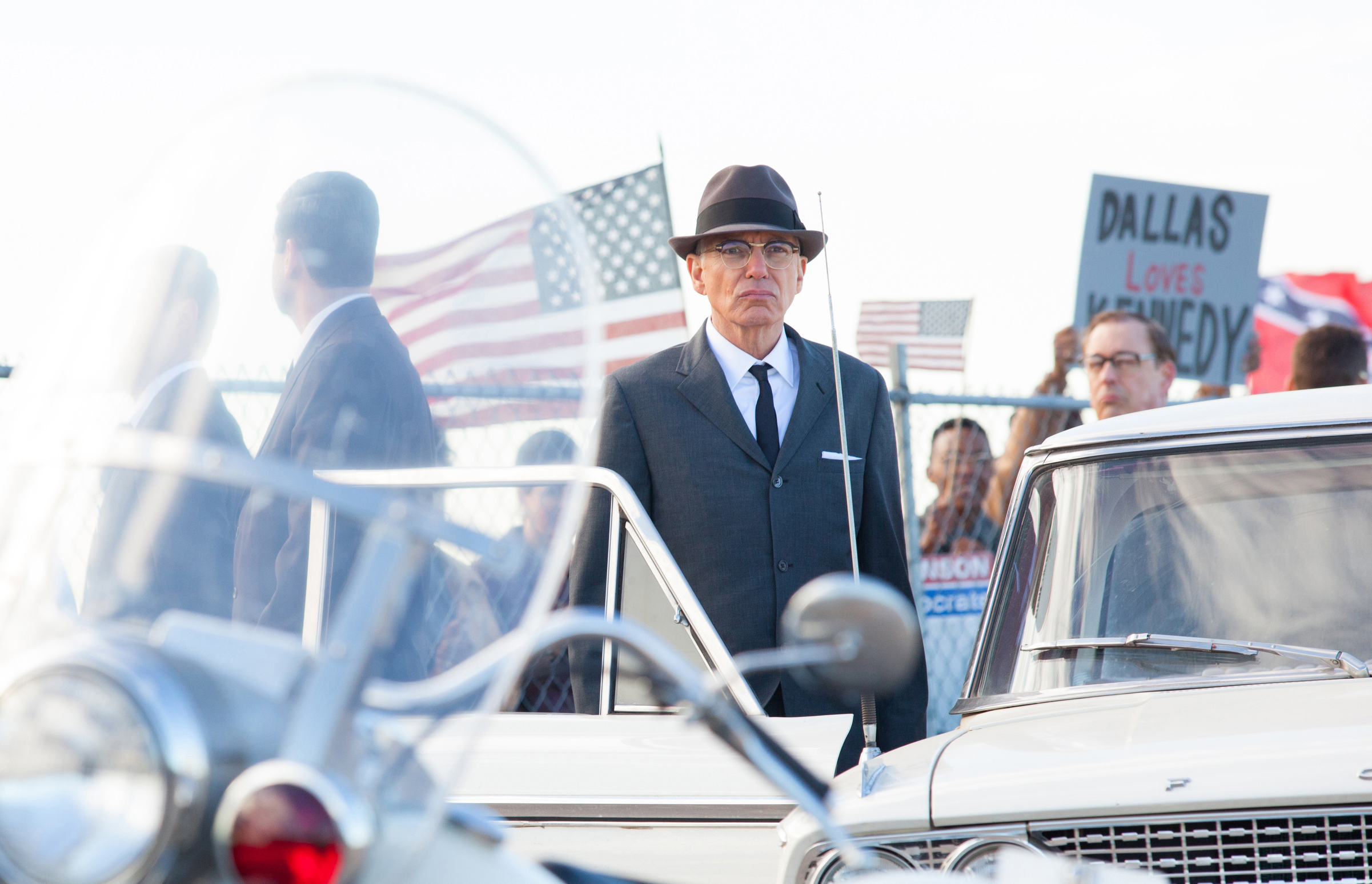Parkland
Opens Fri., Oct. 4 at Pacific Place and Sundance Cinemas. Rated PG-13. 93 minutes.
The only interesting thing about Parkland is that it exists. And it exists because of our collective unwillingness to let go of what happened on November 22, 1963, the day a young prince died and a still-unresolved mystery began. Culled from Vincent Bugliosi’s 2007 book Four Days in November, the movie presents narrow-gauge vignettes, acted out by supporting players in Dallas during the tragedy. Supporting players, but not peripheral. The most gripping section of the film unfolds at Parkland Hospital, where an unsuspecting overtime ER crew deals with the arrival of a U.S. president with a severe head wound. Marcia Gay Harden contributes her granite professionalism as the nurse on duty; although here, as in other episodes, the cast tends toward the TV-guest-star vein, with Zac Efron and Colin Hanks also pulling duty. (Hanks’ dad, Tom, produced the film.)
There’s a very dull storyline about Lee Harvey Oswald’s brother Robert (James Badge Dale), enlivened only by the battiness of Oswald’s mother (Jacki Weaver, in her Animal Kingdom monster mode). The movie takes no position on Oswald’s guilt or any conspiracy theories surrounding the Kennedy assassination, because it keeps its gaze at ground level. The director, longtime investigative reporter Peter Landesman, seeks to show things “as they happened” and forgo commentary. So take that, Oliver Stone.
An entire feature could be made from the story of Abraham Zapruder, whose name became a household word after he clocked the presidential motorcade with his 8 mm camera. In Parkland, Zapruder’s story repeats a single note—anguish—as it tracks the sudden attention he gets from a Secret Service agent (Billy Bob Thornton, a good turn) and a Life magazine representative. As Zapruder, Paul Giamatti does his expected fine work, but he’s got nowhere to go either. Everybody keeps watching the Zapruder film, reacting in horror, and not finding an answer.
Watching Parkland, you may feel the same way. The whole movie is like adding more frames to an already endless film loop—as if by sifting through these remnants we’d settle something. When Woody Allen’s character in Annie Hall realized his obsession with the JFK case was just a way of avoiding intimacy with his wife, it was a clever passing joke. Now it looks like an accurate diagnosis of the national sickness, our inability to live with the idea that we might never know what happened—or that the likeliest explanation is insufficiently grand to fit such a history-altering event. Parkland is a particularly feeble drop in the bucket.
film@seattleweekly.com







